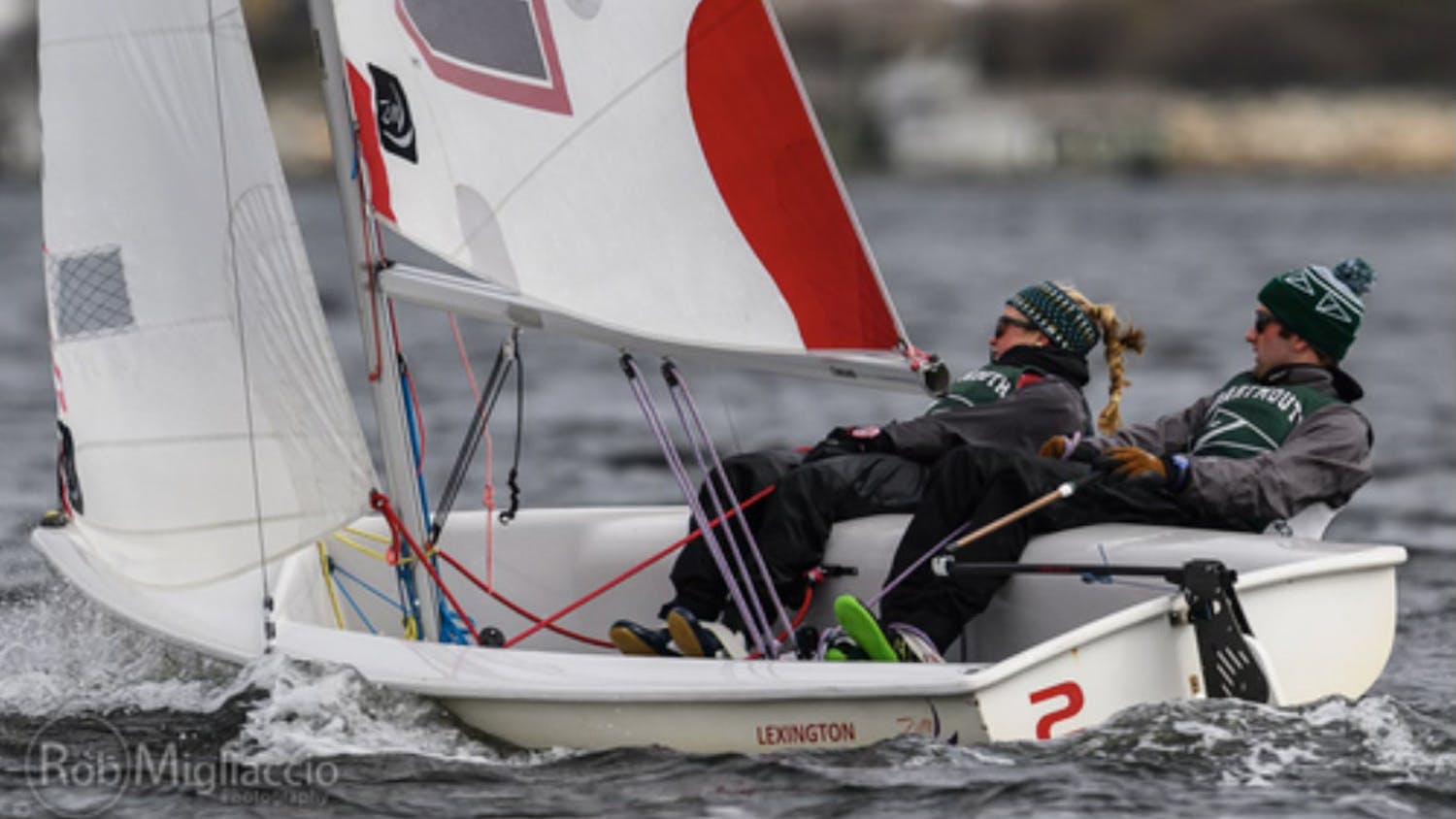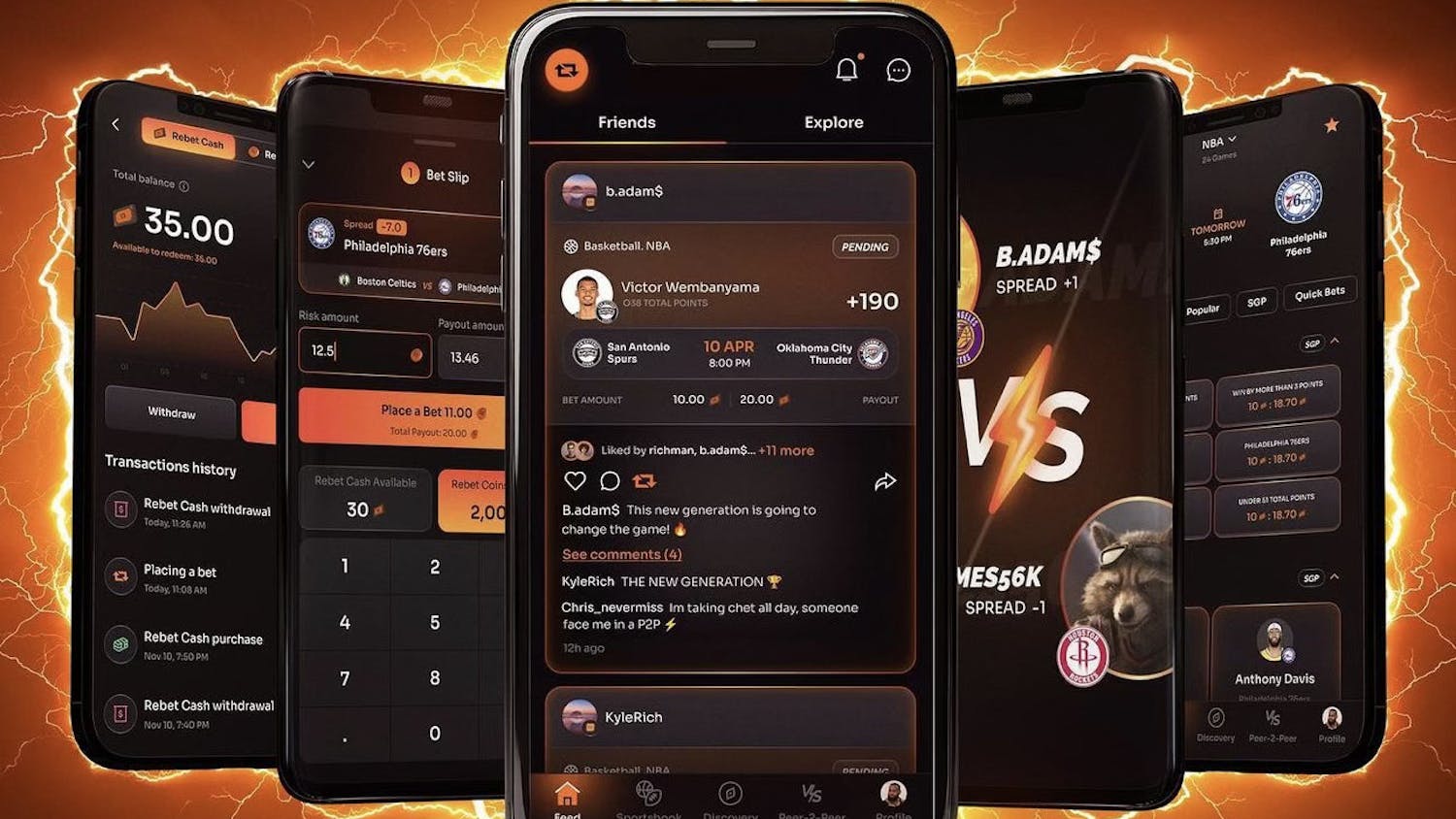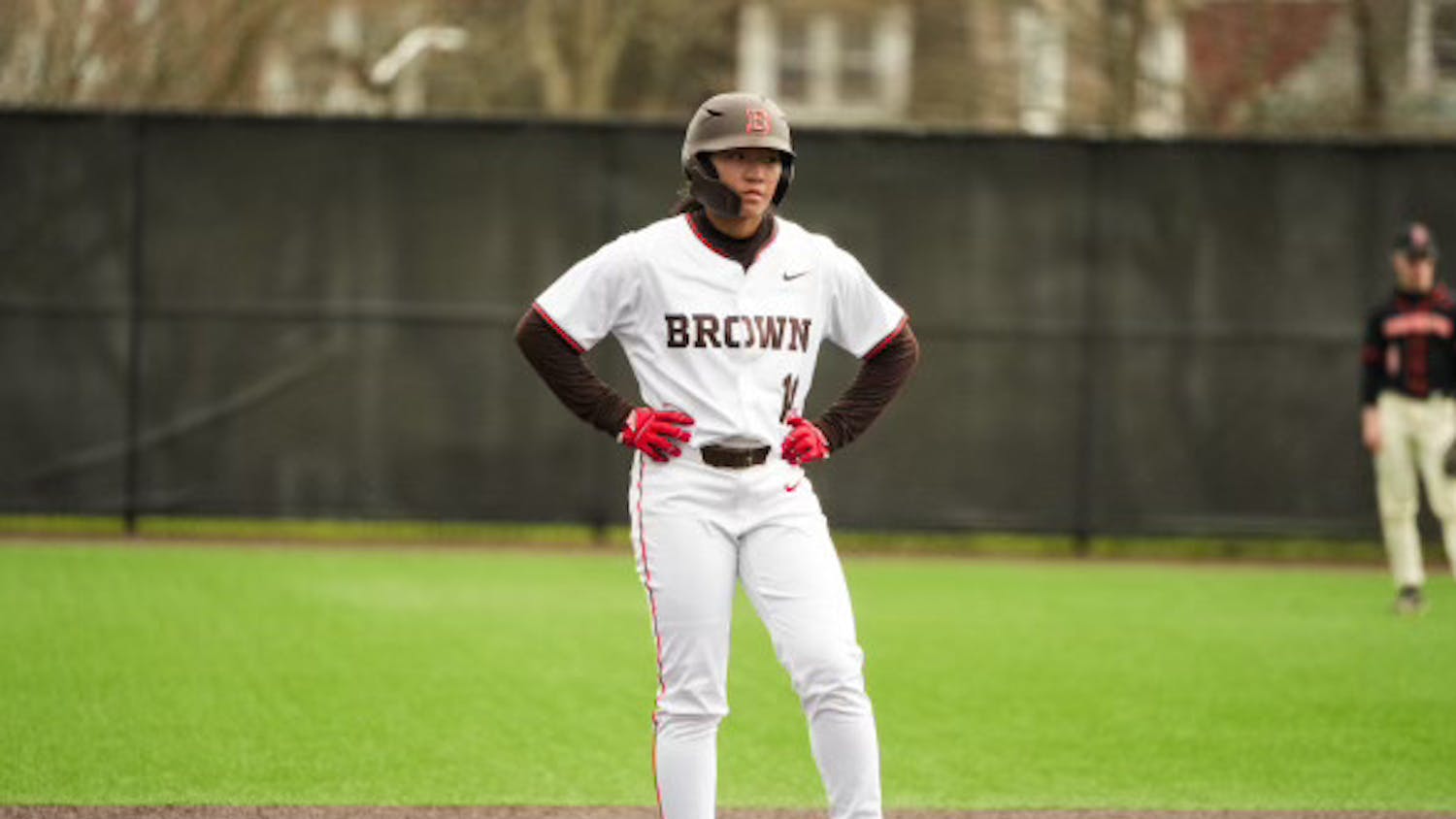A 7-21 overall record is likely not what first-year women’s ice hockey head coach Laura Schuler and her team had in mind coming into the team’s 2016-2017 campaign. It became apparent after an 0-5 start, including a 5-1 loss to Harvard University — who finished the season with a 5-19-5 record — that Schuler, the head coach of Canada’s women’s national team, would need time to point Dartmouth in the right direction.
While a 0.333 winning percentage does not look good on a stat sheet, early-season public comments from Schuler and assistant coach Chris Cobb suggested that the Big Green’s first order of business was to learn new systems and find its identity as a team. The message was to learn, play hard and build foundations now, and the winning would take care of itself later.
Though Dartmouth fell far short of its goals — ending the regular season with a winning percentage over .500 and qualifying for the Eastern College Athletic Conference playoffs — it would be naïve to evaluate a rebuilding season by just analyzing statistics. What matters is that new offensive and defensive systems are in place, and that Schuler believes her returning players have bought into her message. Schuler’s position as head coach of the Canadian women’s national team is also certain to benefit the recruiting pipeline in the years to come. While Schuler and her staff deserve praise for building a foundation that will pay off in seasons to come, perhaps more credit lies with Dartmouth’s players, who had to prepare for a new staff on short notice.
“We found out that we had a new coach last April, so the team really had to come together,” assistant-captain Eleni Tebano ’17 said. “While I wish that we had won more games, the way in which we built a foundation and got used to the new coaches and systems very quickly was impressive.”
Despite the team’s disappointing record, the season was not without its share of bright spots. Goaltender Robyn Chemago ’17 was named to the All-Ivy Second Team, and classmate Kennedy Ottenbreit ’17 to the Honorable Mention list, for their efforts this season. A native of Slave Lake, Alberta, Chemago was stellar all season, consistently keeping the Big Green in close games this season while posting a career-high 0.928 save percentage, good enough to tie for 13th nationally. Even more impressive was Chemago’s 0.934 save percentage in ECAC play. Ottenbreit, who recorded a hat-trick in her final collegiate game in a win over Yale University, was the Big Green’s top offensive force this season. The Grayson, Saskatchewan native led Dartmouth in scoring for the second consecutive season with 17 points, which included two game winners and three power play markers.
Fans who kept up with Dartmouth this season witnessed a team in transformation. Despite the Big Green’s effort, the team still started with an 0-5 record. The team’s lack of coordination in the offensive and defensive zones was evident from the very start. But the Big Green continued to fight. It broke the winless streak in a spirited 3-2 overtime win against then No. 10 Princeton University thanks to Tebano’s heroics with under a minute to go in the extra period. Dartmouth’s three consecutive victories from Jan. 10 to 14 were also signs of continuous progress.
The progress showed in flashes: killing nine power plays against Clarkson University, who entered the game with the ECAC’s number one special teams unit; a one-goal heartbreaker to No. 5 St. Lawrence University; and the season-ending win against Yale. These outings were not all winning efforts. But the performances featured heart, toughness, defensive coordination and spurts of offense that were nonexistent early in the season. The definitive 4-1 victory against the Bulldogs was the icing on the cake for the seven seniors who began the season with the responsibility of keeping the squad united.
So how bright does the future look? It is difficult to say how long it will take Schuler and her future teams to bring hockey back into the national spotlight, but the players’ increasing confidence in Schuler’s new systems is a positive sign. And on the ice, it showed.
“At the end of the season, we really began to drive wide and take pucks to the net to get quality shots off,” Tebano said. “This offensive mentality is something Coach Schuler preached since day one. I think we are in goods hands.”



